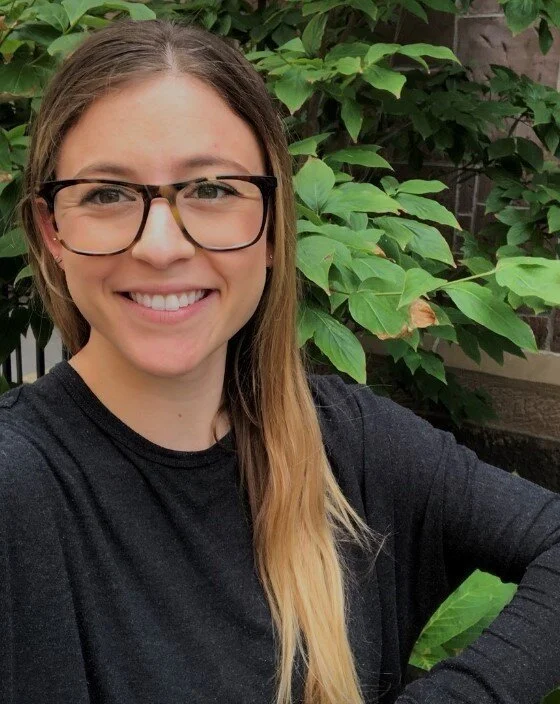Providing Low-Cost DBT and CBT
/BHBA maintains its long-standing commitment to providing affordable evidence-based treatment for all ages. Clinicians at BHBA are proud to stand behind this mission and provide reduced fees to at least 20% of their caseload.
We reduce rates even more for those in need, as our specialties are taught through our training program to interns and externs who are graduate students from Columbia University School of Social Work and Long Island University Brooklyn Campus Clinical Doctoral Program, who conduct treatment under supervision.
Please meet our new cohort of social work interns - Sarah Palasick and Ethan Sapienza, and psychology extern Alexandra Roseman! Alexandra is assisting Dr. Bellet with intakes, and they are all providing individual CBT and DBT therapy, are co-leading DBT skills groups, and are members of our multiple weekly DBT and CBT consultation team meetings (DBT & CBT for adults, teens, & children, exposure for trauma and OCD, and PMT). Check out our new offering - Radically Open DBT! Click on their names below for a link to their full bios.
Sarah Palasick is a Social Work intern at BHBA and is in her second year at Columbia University’s School of Social Work, where she is a member of the intensive Dialectical Behavior Therapy (DBT) Training Program under the supervision of Dr. André Ivanoff. Sarah is drawn to DBT because of its emphasis on using skills to balance acceptance and change in order to treat complex problems, specifically disordered eating and related concerns.
Ethan Sapienza is an intern at BHBA and a student in his second year of the master’s program at the Columbia School of Social Work, where he is currently in the intensive Dialectical Behavioral Therapy (DBT) training program, under the supervision of Dr. André Ivanoff. Ethan became interested in DBT due to its proven effectiveness, its hands-on approach to therapy, its emphasis on acceptance, and its inclusion of mindfulness as a part of treatment. He is particularly interested in DBT as a treatment for trauma.
Alexandra Roseman is a first-year student at Long Island University Brooklyn in the Clinical Psychology Ph.D. program. As a native New Yorker, Alex is excited to be back in NYC and to be a part of the BHBA team, especially given its multidisciplinary and collaborative approach to patient care. She is especially interested in DBT due to its strong roots in behavioral science, yet continued adaptability and effectiveness in treating a spectrum of cases and diverse patient populations.




